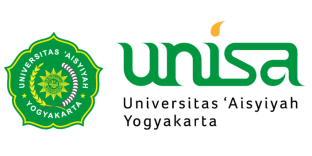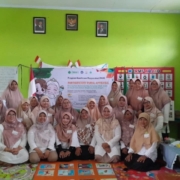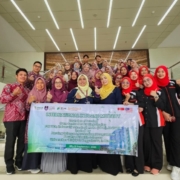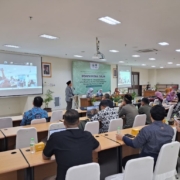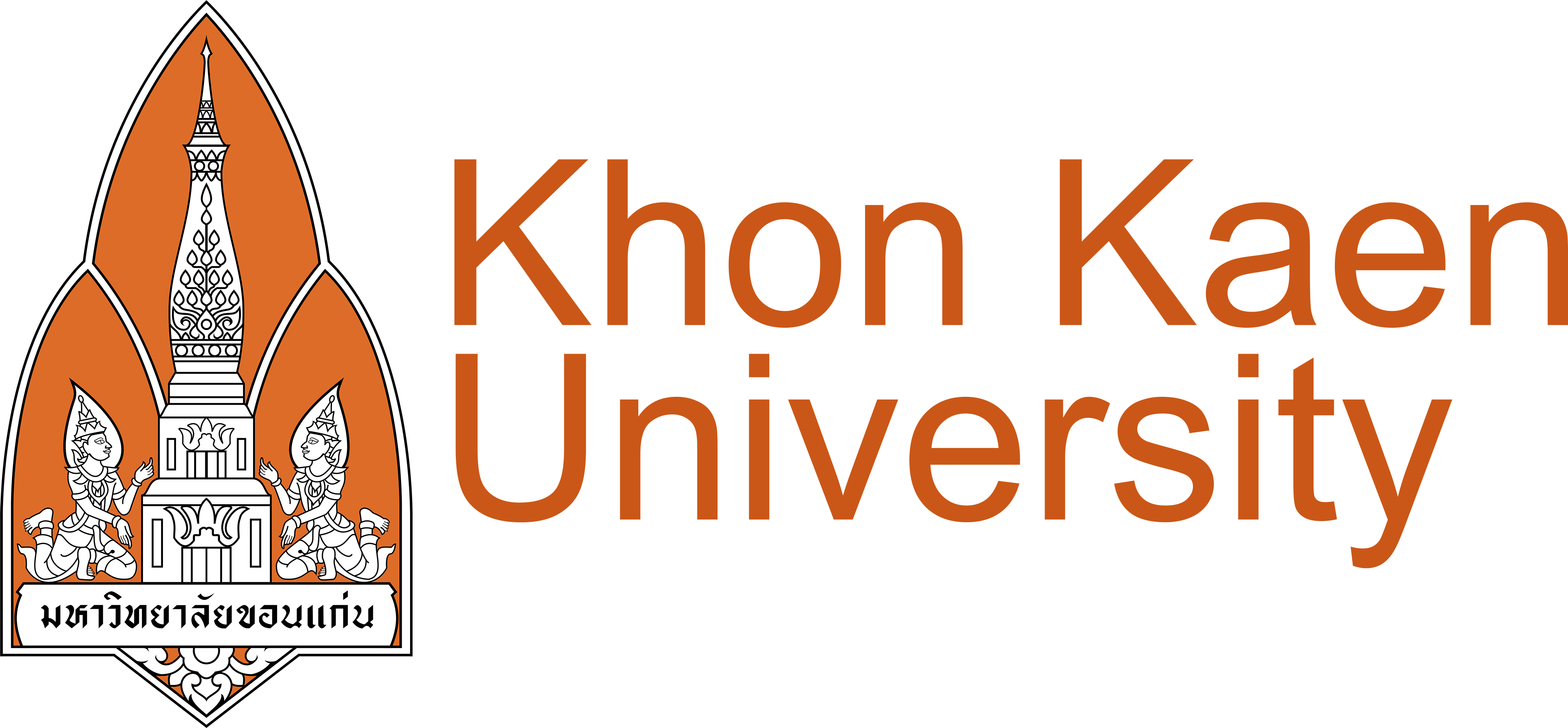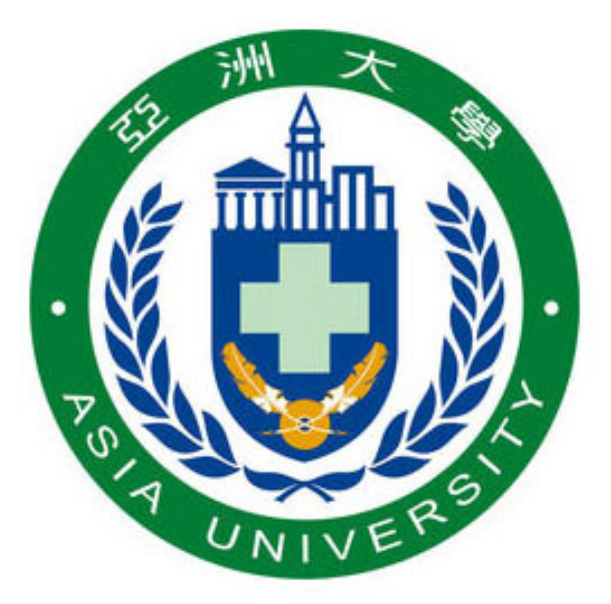Concerned about the high divorce rate, the Community Partnership Program (PKM) team from ‘Aisyiyah University (UNISA) Yogyakarta took action. They trained 20 women from the ‘Aisyiyah Dukun Branch in Magelang to become Planned Sakinah Family Cadres (KKSB).
The Training of Trainers (TOT) event, held on Saturday (September 5), aimed to equip the cadres with the skills to assist the community, especially young married couples, in order to prevent divorce.
The head of the PKM team, Dr. Yuli Isnaini, S.Kep., M.Kep., Sp.Mat., revealed that the Dukun sub-district was chosen because the divorce rate in the area is quite high. According to her, early marriage without proper preparation is one of the main factors that trigger marital breakdown.
“Young people are the primary target because many cases of early marriage involve individuals who are not adequately prepared and lack guidance. This is the main factor behind the high divorce rate,” Yuli explained in her statement.
These KKSB cadres are expected to become active agents of change who nurture vulnerable groups. After this training, the program will continue with the formation of the Sakinah Empowered Family Community (KKSB) and ongoing mentoring.
One of the students involved, Khoirul Wildan, said he gained new insights from this activity.
“Even though we are not yet married, our minds have been opened to new ways of building a sakinah family in the future,” he said.
This initiative is a concrete step taken by UNISA Yogyakarta to strengthen family resilience and reduce divorce rates at the grassroots level.

